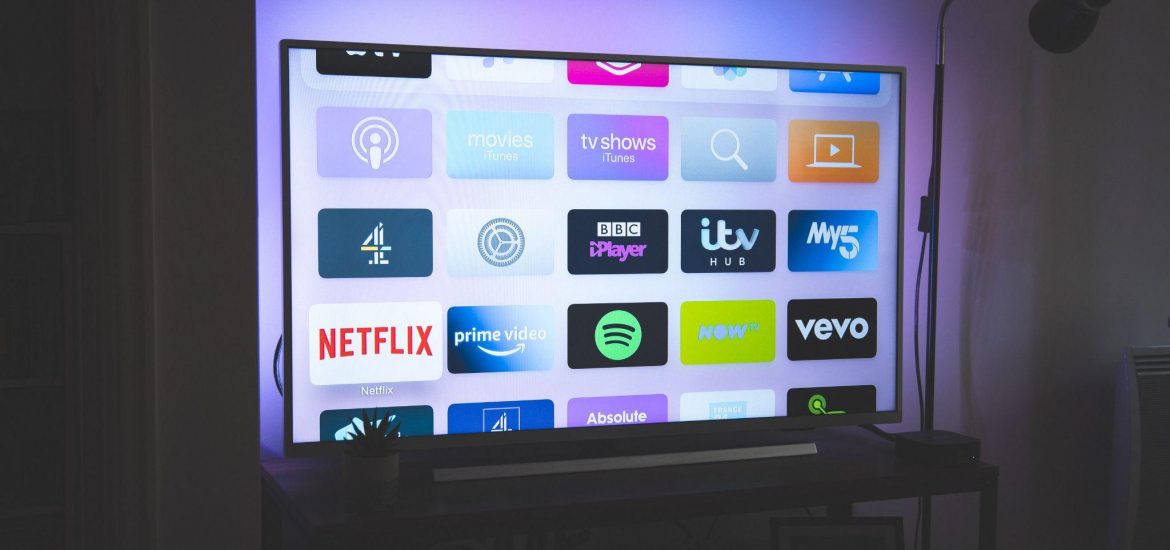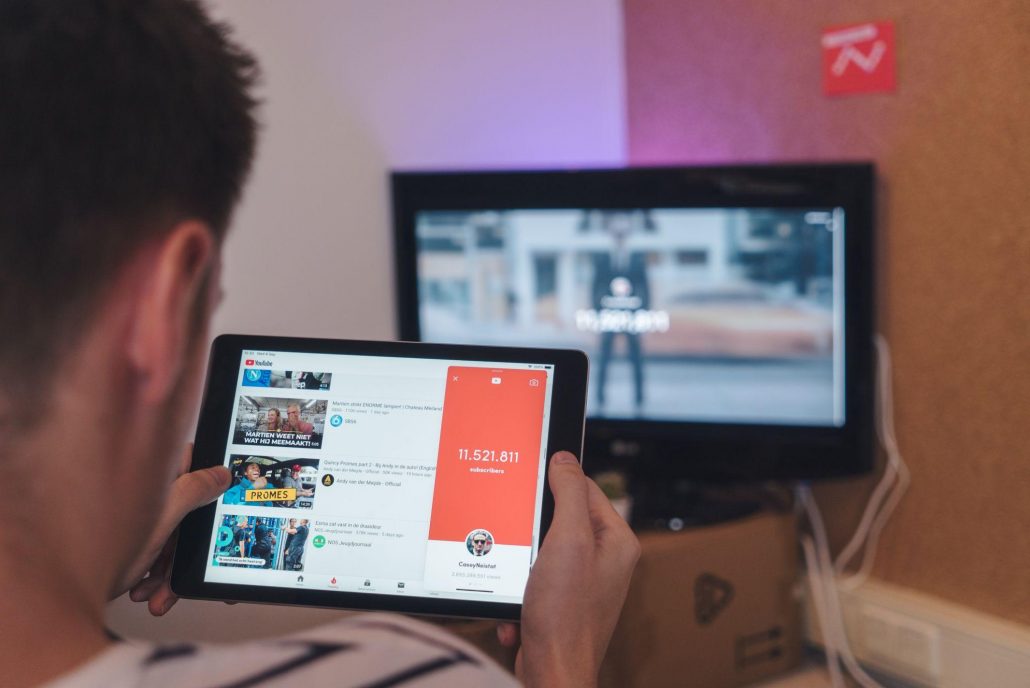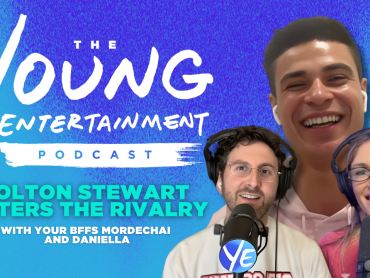It’s already been established that our experiences can significantly impact our brains. For instance, reading and watching television are common ways students learn. However, these two methods offer different effects on the human brain. If you have been wondering what these differences are, you’re in luck. In this article, we delve into this question. So, whether you’re a student or a parent, you might want to pay attention to the points raised in this article.
4 Ways in Which Books And Television Affect Your Brain
Whether you like reading or watching videos, you’ll always want to learn something new as a student. However, as you’ll soon find out, these two methods for learning often bring out different reactions in the brain when it comes to:
- Vocabulary
- Attention Span
- Cognitive Performance
- Level of stress and creativity
1. Vocabulary
Watching television can be a fun way to learn because of the visual stimuli that come with it. If, for instance, you’re learning about a historical figure, it can be exciting to watch a movie that summarizes key moments in their life. Of course, if you ever need to write an essay about historical figures, you should consider getting a top essay writer. Their services are usually rather qualitative and affordable, and with just a 6-hour deadline, they can deliver your essay to you. Another reason to consider getting a top academic writer is that heavily relying on television to learn can limit your vocabulary. However, with books, your brain is exposed to more words and will find it easier to incorporate them into your life.
2. Attention Span
As it’s already been established, television can be very entertaining. However, when you get used to it, other aspects of life can get boring. For instance, a video that shows a first-hand view of what it’s like to launch a rocket will be far more entertaining than a lecture from a professor. However, the professor’s lecture will likely contain much more important information. With books, you are less likely to face this challenge. The improved attention span that comes with reading can also prove useful in boosting one’s writing skills. Reading will require you to slowly go over sentences and develop an understanding of them before moving forward.
3. Cognitive Performance
Like muscles in the body, the brain can perform at its best when used often. With television, you’re simply consuming content, which isn’t bad but rarely very helpful. However, with books, you are constantly testing your attention span, memory, imagination, and ability to think analytically. This is a great exercise for the brain and can be helpful when it comes to studying.
4. Level of stress and creativity
While television can be a great way to relax, its benefits are usually short-term. After spending a couple of hours watching TV, you might end up exactly where you started, feeling tired and exhausted. However, reading has been shown to reduce stress levels in the brain, thus improving mental health. After a long day in class, you can pick up a book from your favorite author. Aside from being relaxing, reading is also likely to develop your creative side. There are many books today, and most are easily accessible through the internet. You might find some inspiration for a science project you’re working on or maybe even a unique idea for an art project.
Final Thoughts
Studying is critical to academic success, so as a student looking to get the best grades, it’s important to ensure all necessary and helpful resources are used. Television isn’t bad, but it can have some negative effects on the brain when consumed excessively. On the other hand, reading has no notable drawbacks, which makes it a great entertaining and educative activity for students.
Author’s Bio





